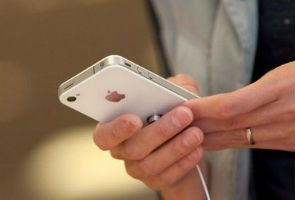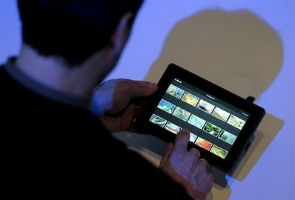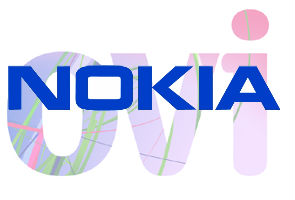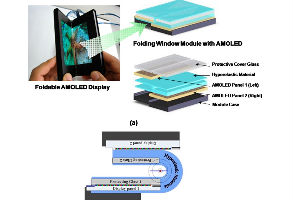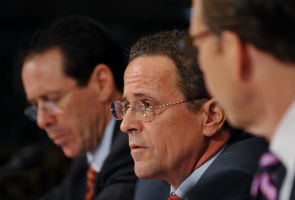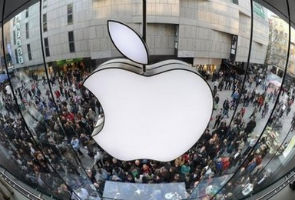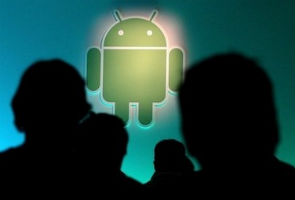The U.S. government and local authorities will soon be able to reach
people directly on their cellphones to warn them of imminent danger or
alert them about missing children -- even in the middle of a widespread
emergency that overloads communications systems as happened after the
Sept. 11 attacks, officials said Tuesday.
The emergency alert
system will be used only for critical national messages from the
president, information in life-threatening situations and Amber Alerts
meant to widen the search for missing or abducted youngsters, New York
Mayor Michael Bloomberg announced Tuesday. He was accompanied by Federal
Communications Commission Chairman Julius Genachowski and Federal
Emergency Management Agency Administrator Craig Fugate.
The
system, set to launch by the end of the year in New York City and
Washington, D.C., will spread to most if not all U.S. cellphones in the
next few years as people replace their old phones with new devices
containing a special chip that will enable them to receive the messages.
They will receive the alerts free of charge.
Every wireless
carrier is expected to participate, Genachowski said at a press
conference above the World Trade Center site, which was attended by
representatives from AT&T, Sprint, T-Mobile and Verizon.
While
carriers may allow cellphone users to opt out of receiving
notifications from local officials and about Amber Alerts, no one will
be allowed to opt out of receiving presidential alerts.
Even
users who turn off the GPS locator technology on their phones will
receive the alerts, which will be sent out to all users in range of one
or more cellphone towers selected by authorities. Phones that are turned
off or aren't getting any reception won't receive the messages.
Responding to privacy concerns, Fugate said that no location or other information from the phones will be sent to authorities.
The
alert plan was approved by Congress in 2006 under the Warning Alert and
Response Network Act. Private carriers worked with manufacturers to
provide the phone chips. FEMA did not immediately respond to a request
about whether there were any government costs beyond staff time.
If
it had been available, the alert system could have warned residents of
two destructive tornadoes that hit Brooklyn and Queens last year,
killing one woman and causing extensive property damage, Emergency
Management Commissioner Joe Bruno said. Bloomberg said officials would
have to be mindful of sending alerts in a way that would avoid mass
panic.
In New York City, riders on the subways -- the target of
speculation and multiple terrorist plots over the years -- won't be able
to receive the alerts, at least for now.
A handful of stations
are scheduled to receive cellphone reception this year as part of a
pilot program and the rest will be put on the network over the next four
years, said Metropolitan Transportation Authority spokesman Aaron
Donovan. Until then, riders will have to rely on the public address
systems at stations and on trains.
That's a disappointment for
Debbie Hayes, who said Tuesday she's been anxious on the subway ever
since 9/11, and for a long time following the attacks would call her
sons before entering the transit system.
"Every morning I get out
of the subway and I'm like, 'whew,'" said the 49-year-old nanny, who
said she was thrilled with the idea of being able to get alerts on her
phone when she's out and about the city with the 11-month-old she cares
for.
"It'll get to you faster than you see the news on TV," she said. "It'll be instant."
Some
recent phone models already have the required chips, and forthcoming
software updates will activate them. A list of phones that have the
technology will be posted on the FCC's website, Genachowski said.
The
Personal Localized Alerting Network, or PLAN, technology will allow the
messages to take precedence over regular phone calls or text messages,
so in an emergency in which the system's capacity is overloaded, the
alerts will still get through, the officials said. Messages will show up
on the phone's front screen, instead of the traditional text message
inbox, and arrive with a distinct ring and likely a vibration.
Gilberto
Palma, a 62-year-old maintenance supervisor in the World Financial
Center, a complex that was severely damaged in the 9/11 attacks, said he
thought the alert system was a great idea.
"Everybody's going to be happy, especially in this area," he said. "In this building, everybody's still on alert."
 Acer and Asus will update the Iconia and Eee Transformer with Android
Honeycomb 3.1, according to thisismynext.com. Both tablets are slated to
receive the update in June.
Acer and Asus will update the Iconia and Eee Transformer with Android
Honeycomb 3.1, according to thisismynext.com. Both tablets are slated to
receive the update in June.
